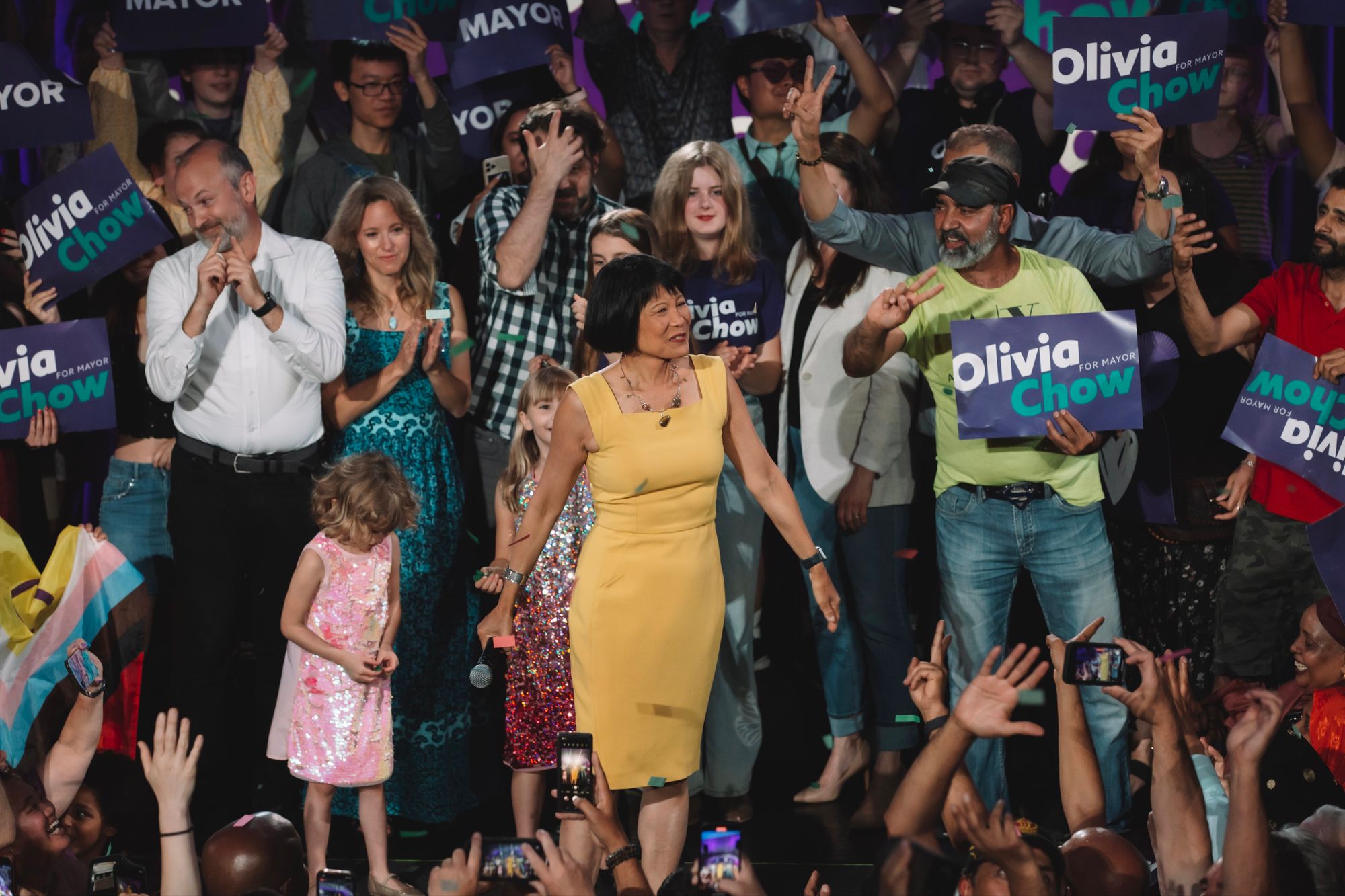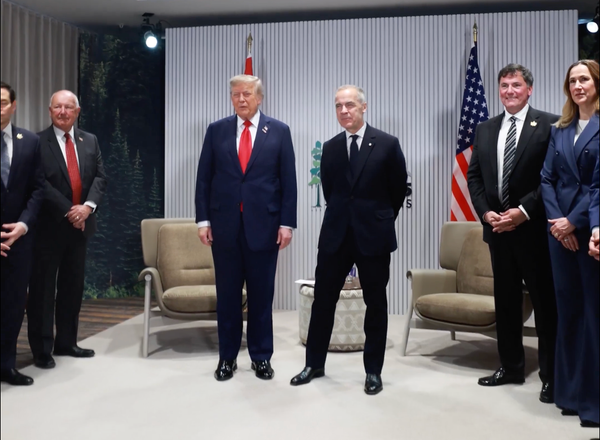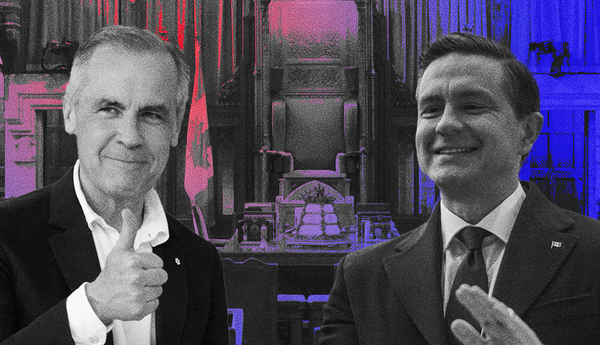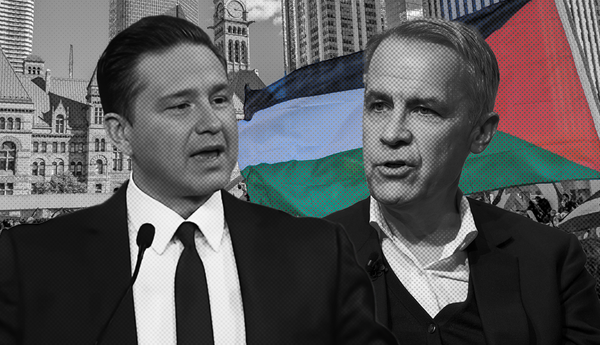On Monday, Olivia Chow won the Toronto mayoral race, beating out establishment-favoured former city councillor Ana Bailão by a 5-per cent vote margin. Despite smears by her opponents, including former Toronto police chief Mark Saunders, and disparaging comments made by Ontario Premier Doug Ford, Chow will become the first progressive mayor in the city in more than a decade.
This is an opportunity for the electoral left to make real improvements to the lives of millions of Torontonians. As such, Chow should take advantage of every available means to do so, including using the strong mayoral powers passed by the province in December.
The Better Municipal Governance Act, better known as strong mayor powers, allows the mayors of 28 municipalities (including Toronto) to pass and amend bylaws with the support of just a third of city council members. This legislation has received a lot of criticism from media and politicians alike since first being proposed by Ford (including from Chow, who promised on the campaign trail that she wouldn’t use the powers if elected), and for good reason.
In October, I wrote that Ford’s proposal of these powers constituted an intentional attack on democracy. This legislation was put forward by Ford at a time when mayors friendly to him were in office, such as John Tory in Toronto and Jim Watson in Ottawa. These powers would allow those mayors to bypass popular resistance to their right-wing policies, hastening increased developer profits and police funding as well as a further reduction of public services. As such, I argued, the strong mayoral powers were another way for capitalist politicians to solidify their grip on municipalities across the province, following moves such as Ford’s decision to reduce the number of Toronto wards from 47 to 25 in the nomination period of the 2018 municipal election.
Since writing that article, my position on the strong mayor powers has evolved.
Ford will continue to interfere with Toronto’s politics with impunity. His contempt for the idea of Toronto having a left-wing mayor is no secret, and his disrespect for democratic norms has been evident since coming to power. If Ford isn’t legally bound to respect democracy, progressives should use his own legislation against him.
Why should Chow refuse to use a measure that Ford passed? Why should she play nice with a hostile opposition? What material benefit can be gained for Torontonians by refusing to use a tool that could improve their lives? Why should the electoral left shun tactics that could further their goals? The view of strong mayoral powers as dangerous no matter the context stems from a liberal civility politics, where progressives are above using the tools of the enemy. In a world rabidly hostile to working class and marginalized people, this line of thinking serves no purpose other than self-satisfaction.
It’s undeniable that Toronto is in a dire situation. The city is facing a $1.5 billion deficit, the TTC has suffered extensive service cuts, affordable housing in the city is more limited than ever before and the police budget is bloated. In 2022, an average of three unhoused people a week died because of these sorts of issues, created by a decade of right-wing governments.
Chow shouldn’t refuse to use a method that could save lives because it challenges our preconceived notions of what a “healthy” democracy looks like. You can’t ask a dying person for patience because you feel conflicted about helping in a timely manner.
Some would argue that Chow using the strong mayoral powers would legitimize the tactic for future right-wing mayors, whereas refusing to do so would set a precedent and make its use by the right in the future less likely. But that argument falls apart when examined critically. If conservatives were hesitant to use strong mayor powers, they wouldn’t have drafted and passed them. This sort of tactic has never worked against the right, and it’s even less likely to do so in the age of rising radical right-wing movements.
I understand the hesitation to use the powers, especially when so much criticism of the right hinges on its bypassing of democratic procedures. But there’s much more at stake than maintaining the illusion of liberal democracy. Hypocritical conservatives will cry foul. Indignant liberals will faint at the breach of unspoken convention. But most importantly, people’s lives will dramatically improve. Which of these matters most?







